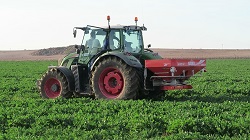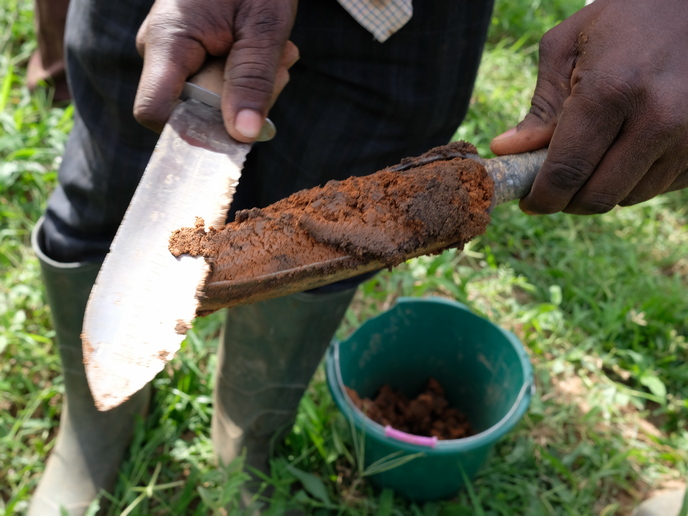Integrated crop breeding for organic farms
The SOLIBAM(opens in new window) (Strategies for organic and low-input integrated breeding and management) project was based on the fact that diverse plant populations are more resilient to stress. Such populations can thus adapt more readily to environmental variations. Project partners investigated the response of a number of cereal, legume and vegetable crops exposed to different climates and breeding approaches. Their goal was to advance specific strategies that would improve the performance, quality, sustainability and stability of crops on smaller farms in Africa and the EU. After assessing the needs and current state of organic and low-input breeding and management, researchers carried out the phenotyping and genotyping of several plant populations. This involved analysing various genetic factors in relation to environmental and geographical conditions. The project also created diversified populations of broccoli, tomato, faba beans, maize and cereals. In addition, they conducted a large number of trials in France, Italy, Portugal and the United Kingdom, which combined various plant breeding and crop management strategies. Furthermore, several case studies were conducted to highlight existing innovations. Manuals for dissemination of SOLIBAM concepts and methods were also produced. SOLIBAM developed a range of agro-ecological innovations. These include new approaches to plant breeding and development that consider diversity and quality, performance and stability, co-breeding for intercropping or crop pollinator interactions. Researchers also investigated new food products with improved properties. In addition, they developed new tools for participatory plant breeding and management. These enabled farmers, researchers and other stakeholders to design new breeding methods and better select more flavoursome products. More information is available in the project video(opens in new window) and in a video about a related farm event(opens in new window). SOLIBAM aimed to empower all the actors of the supply chain, with greater interaction between farmers and researchers, employing traditional knowledge to create an alternative vision for agriculture.







